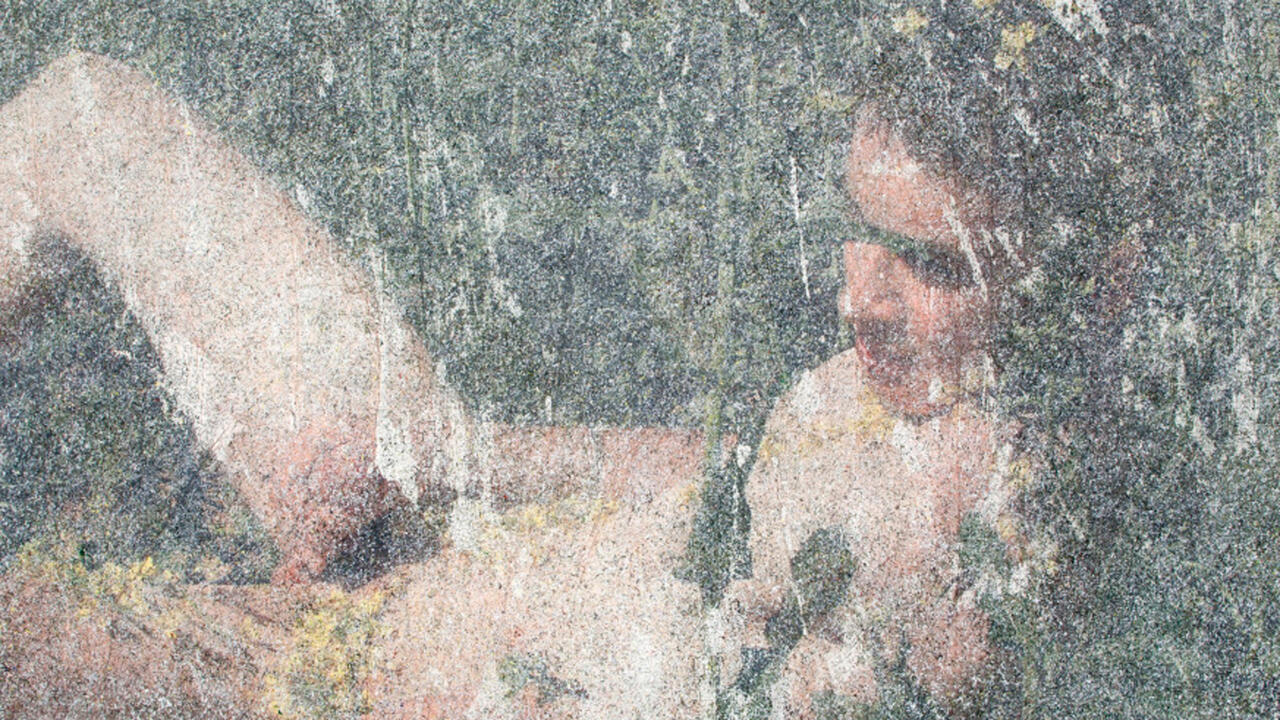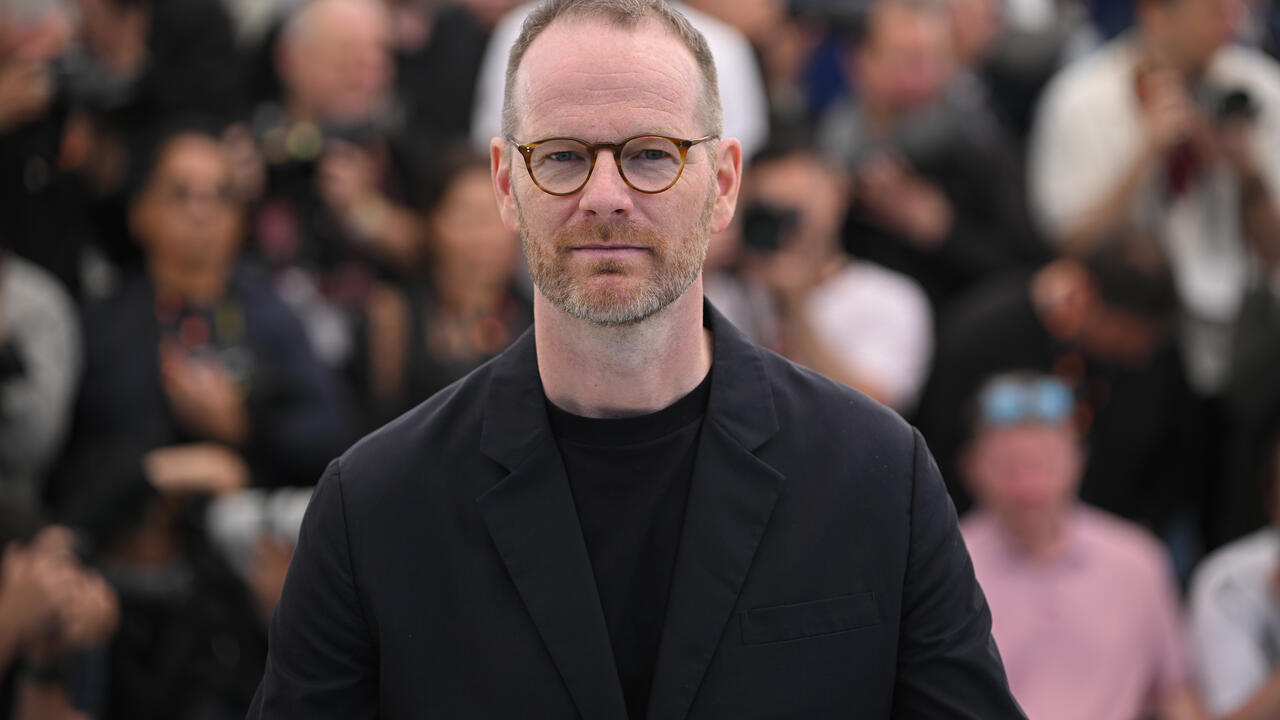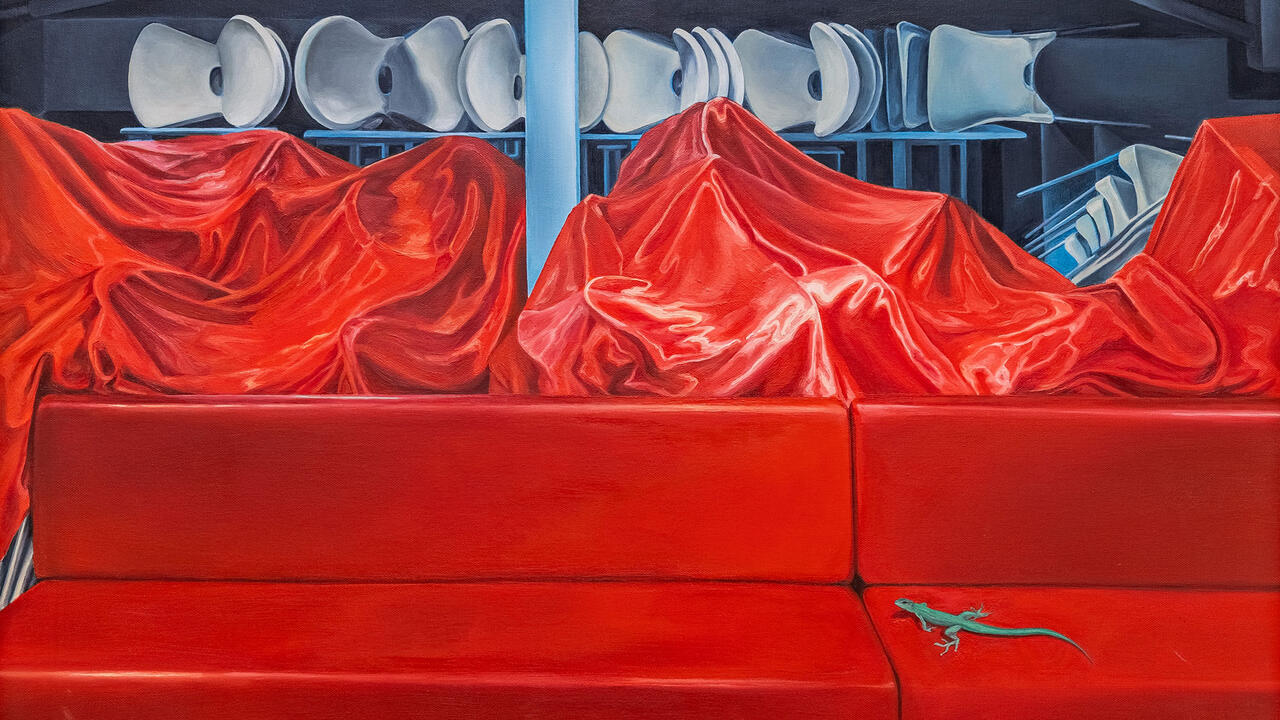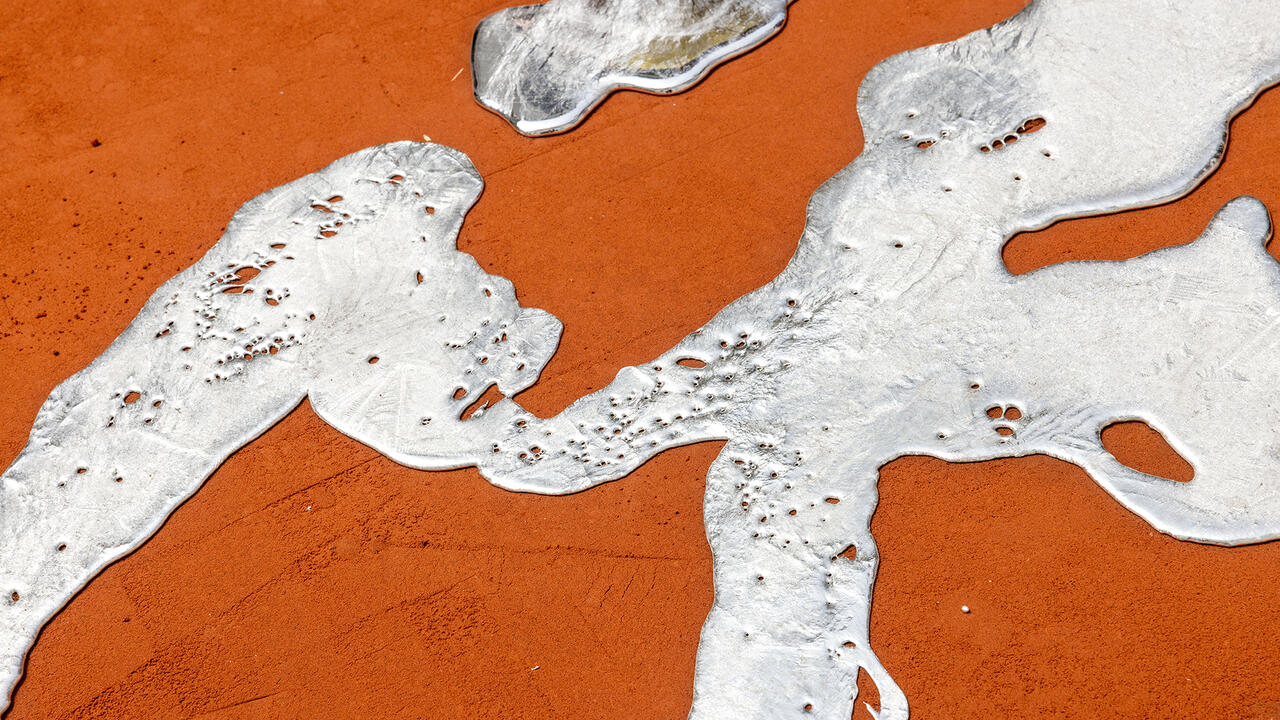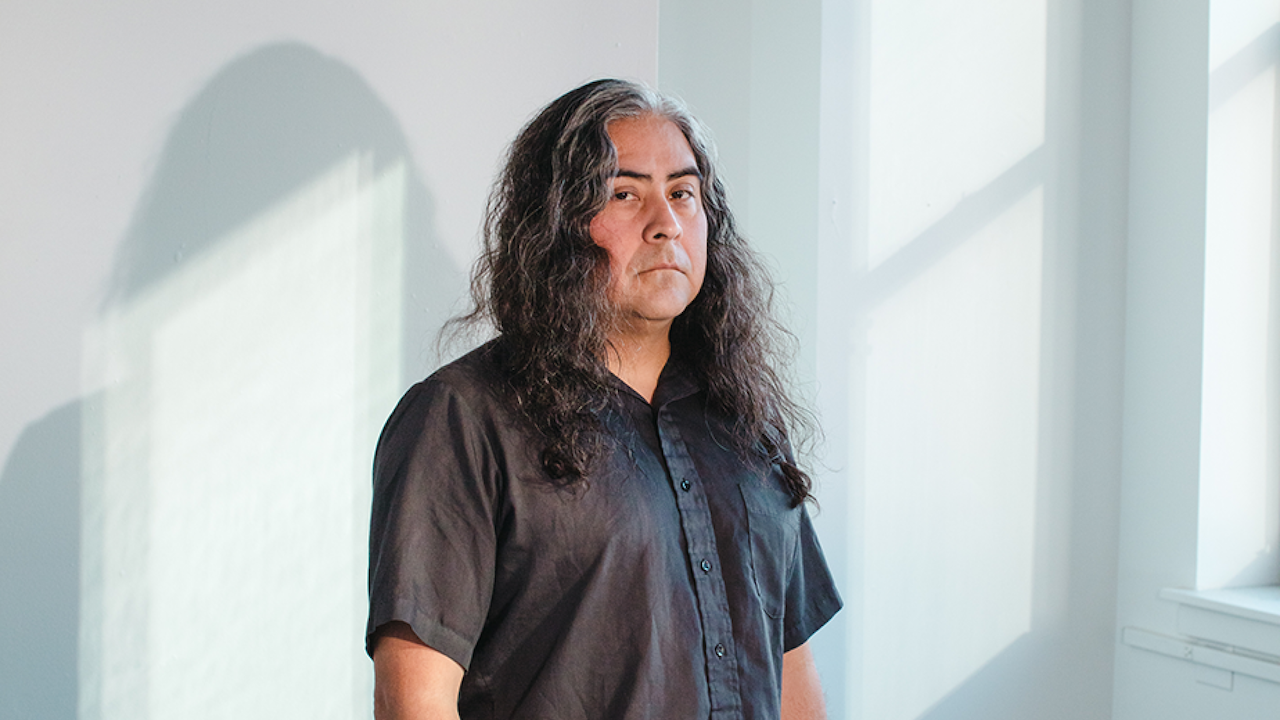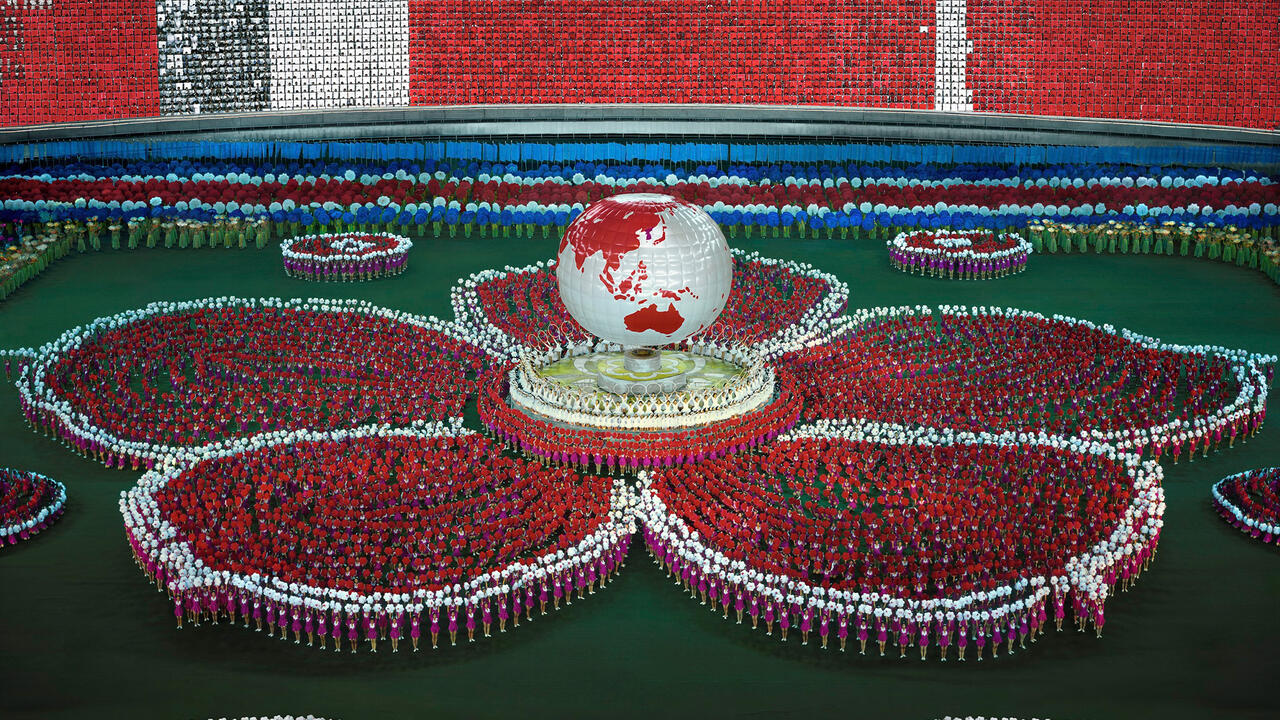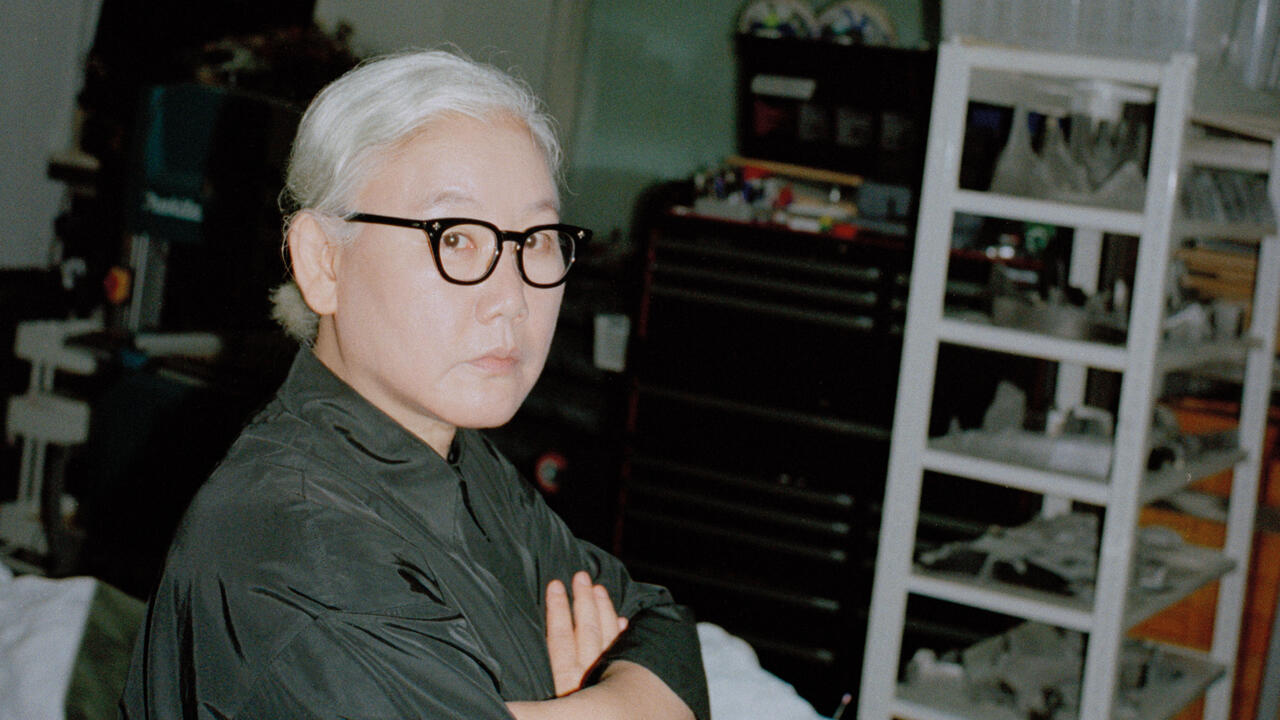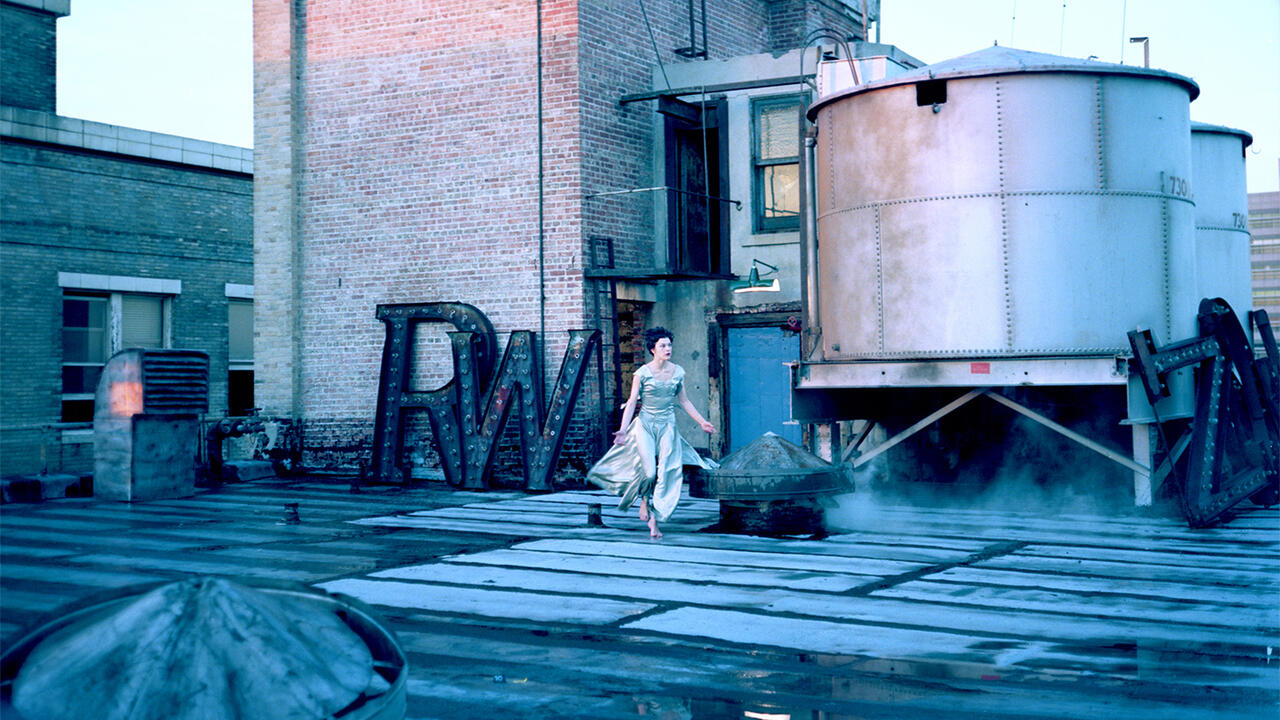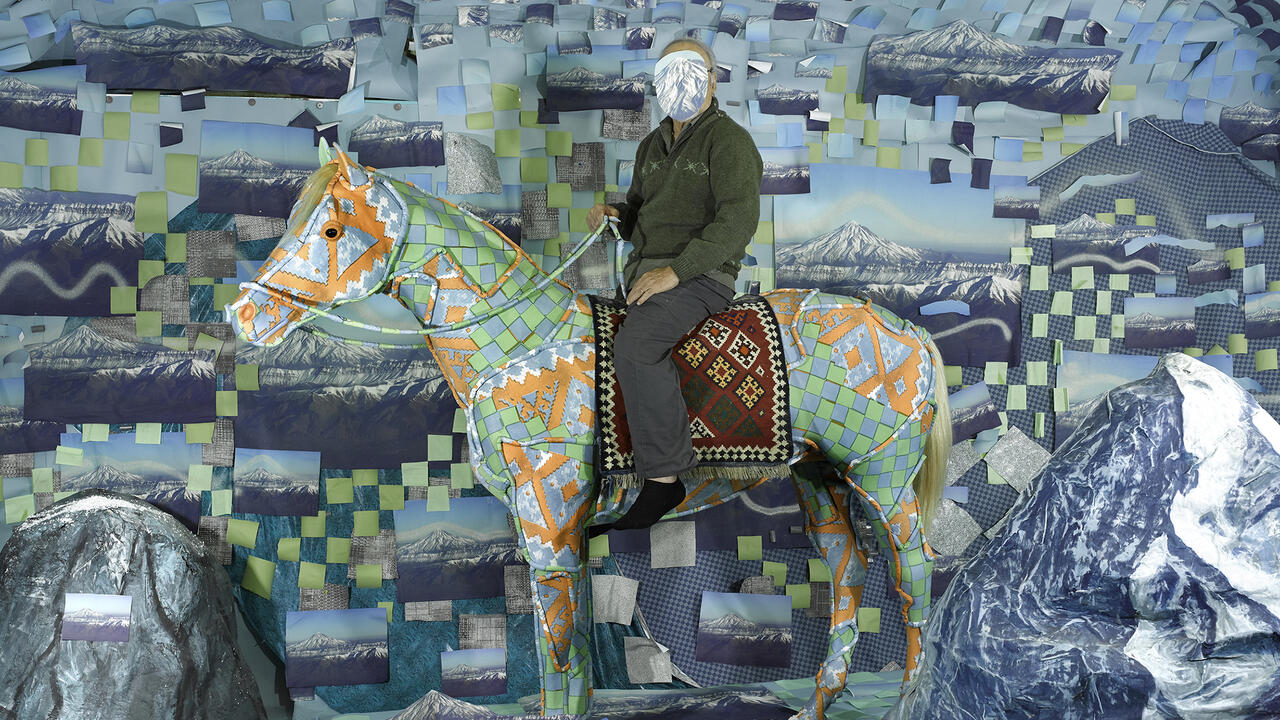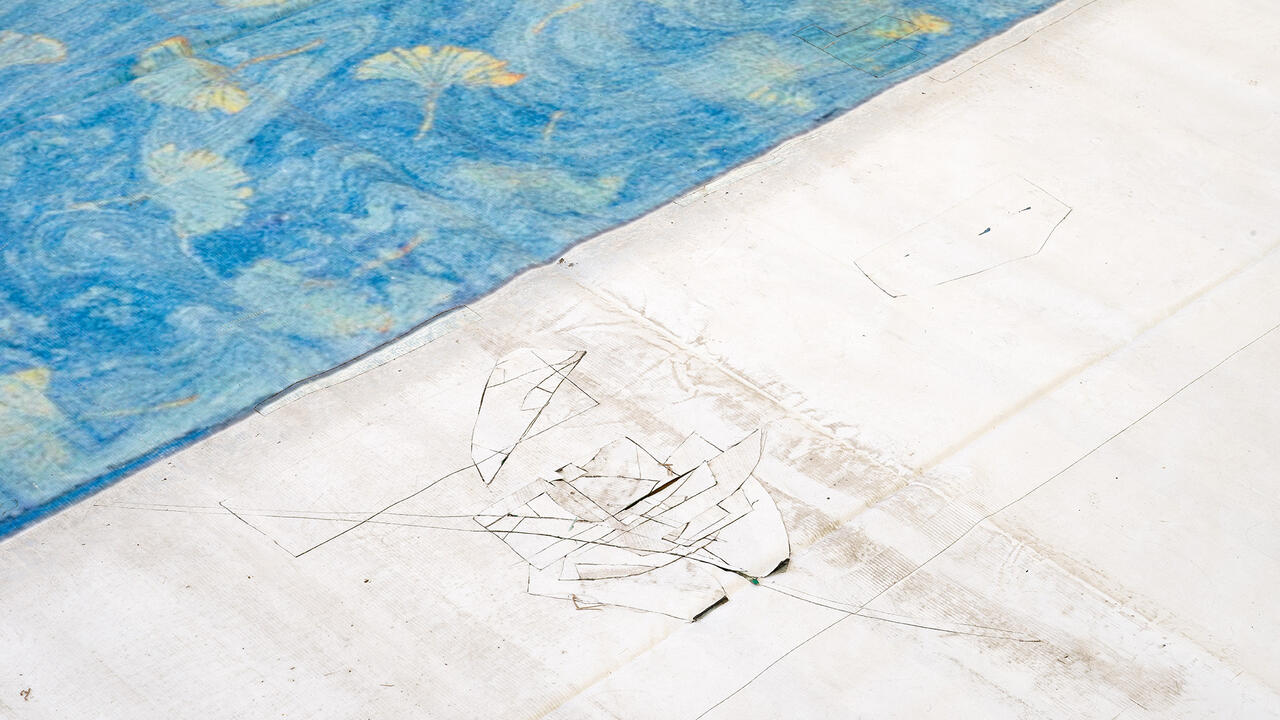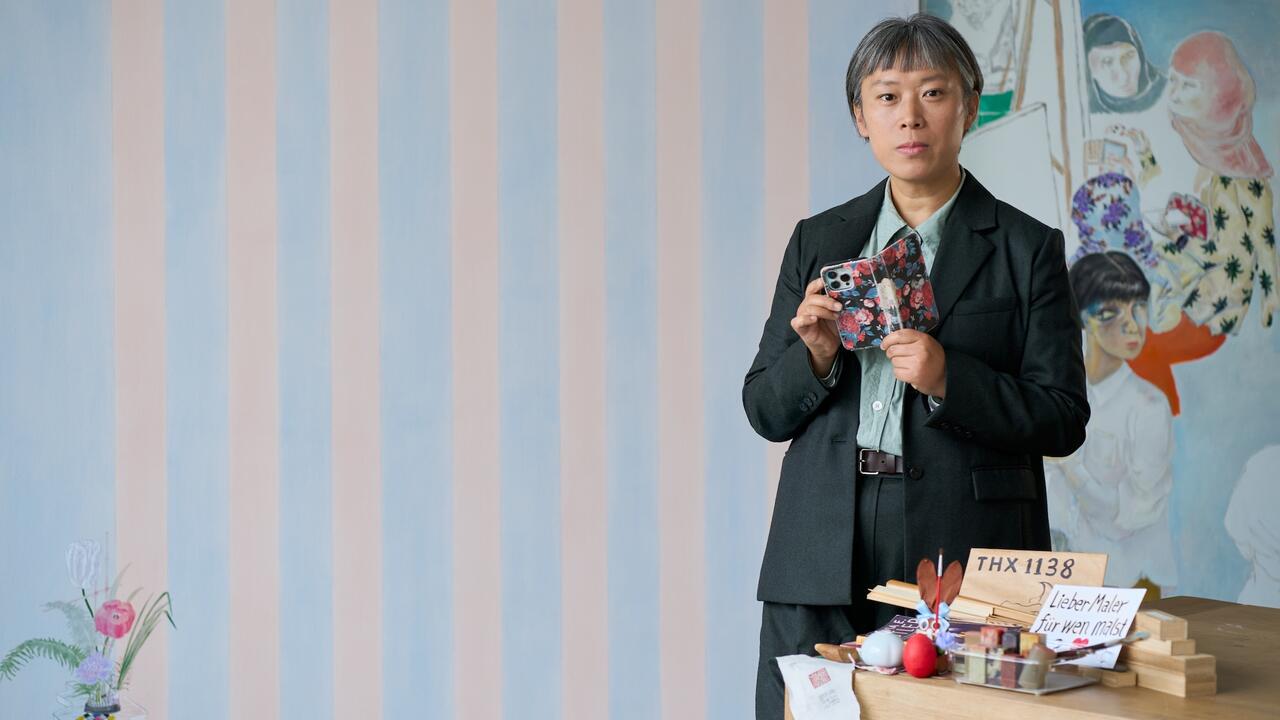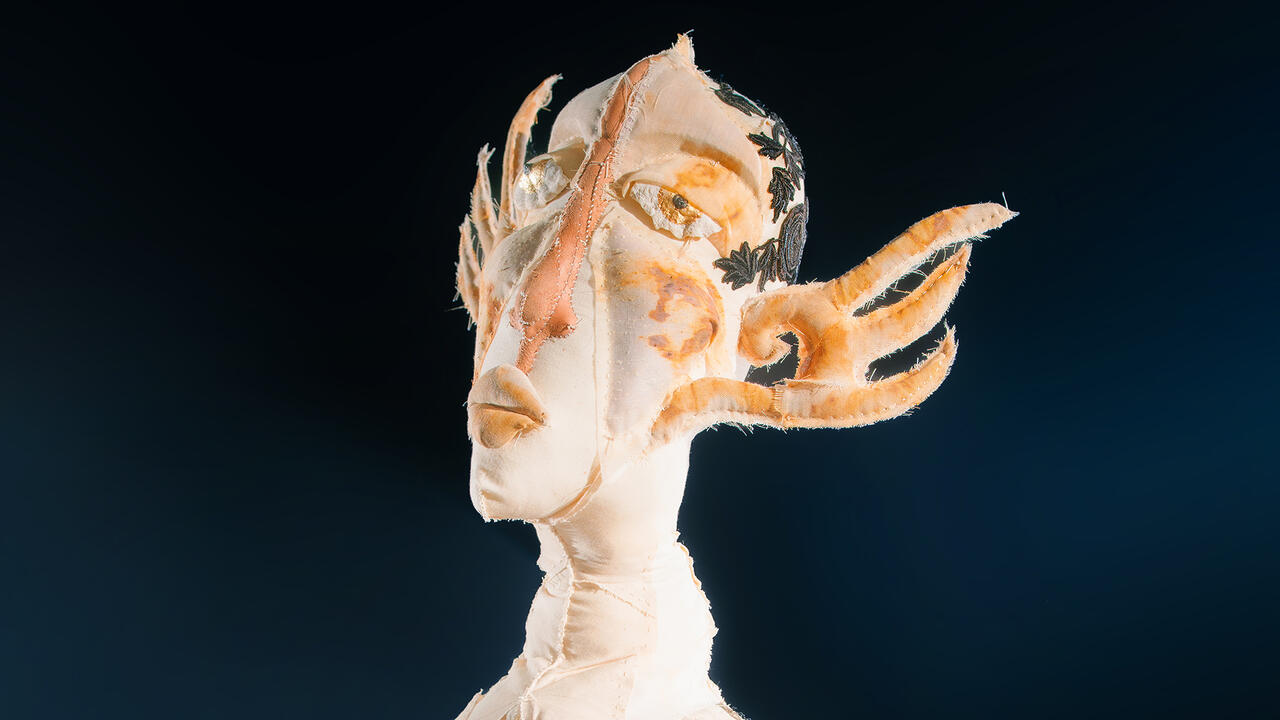Rossella Biscotti: Studies into a Bygone Civilization's ‘Society of Support’
Showing at Istanbul’s Protocinema, the artist’s new film uses the ancient site of Çatalhöyük to investigate a community and its collapse
Showing at Istanbul’s Protocinema, the artist’s new film uses the ancient site of Çatalhöyük to investigate a community and its collapse

What is a society and how do we interpret its collapse? Rossella Biscotti’s multi-screen video installation The City (2018) situates the question in the archaeological site of Çatalhöyük, located in present-day southern Anatolia. A proto-city with a diverse population of thousands, Çatalhöyükwas occupied for nearly 20 centuries (c.7500 to 5700 BCE) and is one of the oldest Neolithic settlements. It was most likely abandoned after a crisis fomented by the overexploitation of natural resources in the area.
Discovered in 1958, since 1993 the site has hosted the Çatalhöyük Research Project, headed by Ian Hodder, a social anthropologist at Stanford. Hodder’s methods give equal weight to the systematic cataloguing of objects and remains as they do the subjective observations of archaeologists, anthropologists, artists, scientists and local residents. This interdisciplinary approach relies on both material and immaterial facets ranging from building techniques and botanical studies to cultural constructs such as religion, property or privacy. Biscotti shot The City during the last two years of Hodder’s initiative: although the site’s closure had been scheduled, excavations were brought to an abrupt end in 2016 after the attempted military coup in Turkey. Like their Neolithic counterparts, the team had to migrate elsewhere.
The film documents how researchers study the vestiges of a bygone civilization linked to a place and time in human history, while also portraying them as a site- and time-specific community. After The City debuted at Kunsthaus Baselland last spring, Biscotti spent a month in Sicily to follow a new meeting of the Çatalhöyük’s team, who continue to research the city remotely. Biscotti’s works, which regularly draw on archival materials, often investigate past events as well as uncertainties surrounding their interpretation. In Il Processo (The Trial, 2010–13, presented at dOCUMENTA (13)), for instance, she reconstructed the controversial trial for terrorism held in Rome in 1982–84 against a group of militants and intellectuals, formerly members of the leftist movement Autonomia Operaia. Biscotti used a six-hour audio cut of the court recordings, live readings and a set of ‘archaeological’ concretecasts of the high-security courtroom, whose original architecture had in the meantime been altered and hence lost.

The City’s second instalment at Protocinema in Istanbul, curated by Mari Spirito, closes another temporal circle. The 50-minute film is the final result of a research trip to Turkey undertaken by the artist in 2013 upon the invitation of Spirito and curator Övül Ö. Durmusoglu. In the intervening years, it’s hard to ignore the political, humanitarian, economic and cultural shifts that occurred in the country as well as on a global scale; Hodder’s humanist, utopian and optimistic perspective appears almost out of date.
In the first part of the film, Biscotti records the beehive of activities, meetings and conversations taking place in and around the site’s honeycombed structure – an agglomerate of individual ‘cells’ in mudbricks, accessible only through holes in the terraced roofs, where the city’s social life took place. Scholars define Çatalhöyükas as a ‘society of support’, not only because every dwelling supports the others, but also because communal stability relied on mutual backing, unrelated to biological roots. When a house passed from one occupant to another, it was burned down and reconstructed; predecessors were ritually buried in the foundations.

In the film, the camera follows the steps through which an artefact is unearthed, decoded and archived. This analytic precision reveals Biscotti’s fascination for the careful, self-reflective and polyphonic process that generates knowledge at Çatalhöyük. It also reflects upon the relation between humans, nature and things – an interdependence born in the Neolithic age, when people started to practice cultivation of crops and cattle, the care of buildings and the production of goods. ‘Interestingly’, the artist explained to me, ‘at Çatalhöyük archaeologists did not find spaces devoted exclusively to consumption or accumulation. The site has also been used to study how complexity unfolds, how does it relate to typologies and rates of violence, and the creation of census- or gender-based differences, closer to our idea of what a society is. An idea that may be flawed, after all.’

Halfway through, the film records the sudden halt of all activities, and it becomes almost silent. Arid bureaucratic procedures rule the evacuation and final closure of Hodder’s excavations. Çatalhöyük is reduced to documentation: an abstraction whose different layers and collective memory are digitally stored in the ‘Matrix’, as the team dubbed its database.
In the last sequence, the landscape of Çatalhöyük finally emerges: the beehive has vanished and the field is protected by sandbags reminiscent of a military checkpoint. Only the reliefs of some unexcavated large mounds suggest the ancient city underneath. We hear a man and a woman taking measurements for the construction of an ‘experimental house’, which brings us back to the beginning. But they also project us in a future where different forms of coexistence may emerge again, from below.
Rossella Biscotti is an artist based between Brussels, Belgium, Rotterdam, The Netherlands and Berlin, Germany, where she is a guest of the DAAD’s Artists-In-Berlin Programme. Biscotti’s recent solo exhibitions include Kunsthaus Baselland, Basel (2018). Her work (with Kevin van Braak) was recently on view at steirischer herbst, Graz, Austria. Biscotti’s exhibition ‘The City’, at Protocinema, Istanbul, Turkey, ran until 27 October 2018.
Main image: Rossella Biscotti, The City, 2018, film still. Courtesy Wilfried Lentz Gallery, Rotterdam and mor charpentier, Paris








